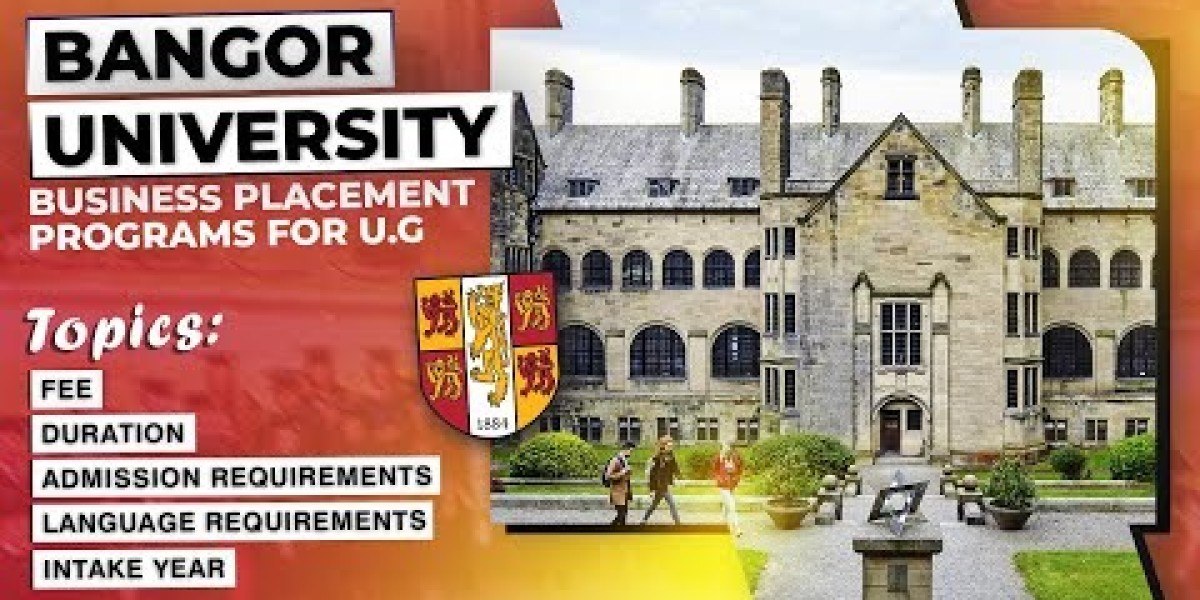Bangor University, located in the scenic region of North Wales, is known for its strong academic programs and supportive community. If you’re considering applying, it’s important to understand the entry requirements, which vary depending on the course and level of study you’re interested in.
Undergraduate Courses
For most undergraduate programs, Bangor University typically requires:
- A Levels: Offers are usually based on three A Levels, with typical grades ranging from ABB to BBC, depending on the course.
- BTEC: Extended Diplomas are accepted for many courses, often requiring Distinction, Merit, Merit (DMM) to Distinction, Distinction, Merit (DDM).
- International Baccalaureate (IB): An IB diploma with scores between 28 and 34 points is generally expected.
- GCSEs: English Language and Mathematics at grade C/4 or above are usually required.
Postgraduate Taught Courses
For admission to most postgraduate taught programs, you’ll need:
- Undergraduate Degree: A good honours degree (usually a 2:2 or above) in a relevant subject.
- English Language Proficiency: For non-native speakers, an IELTS score of 6.0 to 6.5 (with no component below 5.5 or 6.0, depending on the program) is typically required. Equivalent qualifications like TOEFL and PTE Academic are also accepted.
Research Degrees (MPhil/PhD)
Admission to research degrees is more specialized:
- Master’s Degree: A relevant Master’s degree is often preferred, though a strong undergraduate degree may be acceptable in some cases.
- Research Proposal: A detailed research proposal aligned with the university’s expertise is usually required.
- English Language Proficiency: Similar to postgraduate taught courses, non-native speakers need an IELTS score of 6.5 or equivalent.
International Students
Bangor University welcomes students from around the world. In addition to the standard academic qualifications:
- Country-Specific Requirements: Bangor provides detailed country-specific entry requirements on its website.
- Foundation Year: If you don’t meet the direct entry requirements, you might be eligible for a foundation year, which prepares you for undergraduate study.
- Visa Requirements: You must meet UK visa requirements, including proof of sufficient funds and English language proficiency.
Additional Considerations
- Interviews: Some courses, particularly in healthcare, education, and creative arts, may require an interview or portfolio submission.
- Work Experience: For certain programs, relevant work experience may enhance your application.
Conclusion
Bangor University offers a range of courses with entry requirements designed to ensure students are well-prepared for their studies. Whether you're aiming for undergraduate, postgraduate, or research programs, understanding these requirements is the first step toward joining this vibrant academic community. For the most accurate and up-to-date information, always check Bangor University's official website or contact their admissions office.



